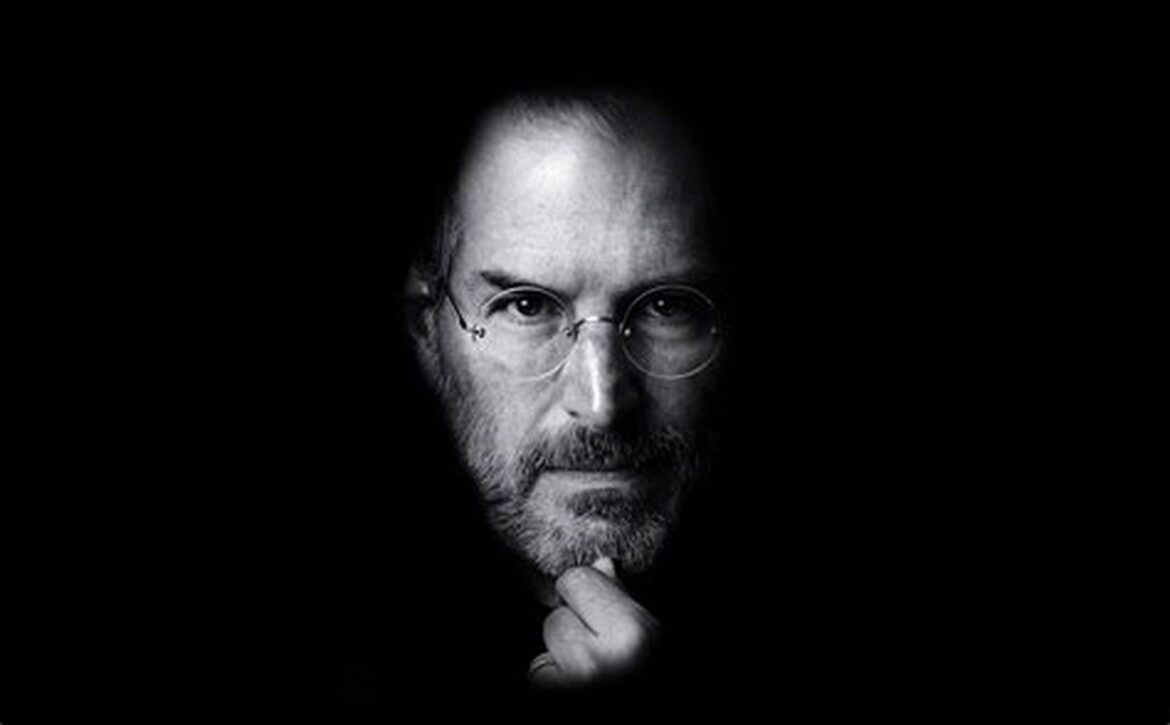Orphans Transforming Their World -Part 2

FROM CURIOUS CHILD TO VISIONARY LEADER
In Part 1, we read about the inspiring life of an orphan, Nelson Mandela; one who led remarkable transformation in society. We continue in this part with the story of another orphan who is quite widely known in this day and age as a visionary leader – Steve Jobs.
The life of Steve Jobs, renowned co-founder of Apple Inc., is a testament to the transformative power of curiosity, passion, and unwavering determination. From his formative years marked by curiosity and tinkering to his adult life as a visionary leader, Jobs’ journey exemplifies how a relentless pursuit of innovation can reshape industries and inspire generations.
CHILDHOOD: THE SEEDS OF CURIOSITY
Born on February 24, 1955, in San Francisco, Steve Jobs spent his childhood in Mountain View, California, an area that would later be known as Silicon Valley. Encouraged by his mechanic father, Paul Jobs, young Steve developed a fascination with electronics and a keen eye for detail. His early exposure to his father’s craftsmanship instilled in him a deep appreciation for quality and aesthetics.
During his high school years at Homestead High School, Jobs’ insatiable curiosity led him to form a friendship with Steve Wozniak. Together, they immersed themselves in the Homebrew Computer Club and explored the emerging world of technology. This period laid the groundwork for their future collaboration and the birth of Apple Computer Company.
ADULTHOOD: A JOURNEY OF INNOVATION AND RESILIENCE:
As Jobs transitioned into adulthood, his entrepreneurial spirit and relentless pursuit of excellence propelled him to challenge established norms and revolutionize multiple industries. In 1976, alongside Wozniak, Jobs co-founded Apple in the legendary garage of his childhood home.
Under Jobs’ leadership, Apple experienced remarkable success with the release of the Apple II, a user-friendly personal computer that brought technology to the masses. However, as the company grew, internal conflicts arose, leading to Jobs’ departure in 1985. Undeterred by this setback, he embarked on a new venture, founding NeXT Inc., a computer company that focused on cutting-edge technology and design.
Jobs’s resilience paid off when Apple acquired NeXT Inc. in 1997, marking his triumphant return to the company he co-founded. As Apple’s CEO, he spearheaded a renaissance characterized by unparalleled innovation. With a relentless commitment to simplicity, elegance, and seamless user experiences, Jobs led Apple’s resurgence with iconic products like the iMac, iPod, iPhone, and iPad.
His ability to anticipate consumer needs, coupled with his unwavering emphasis on design and usability, transformed Apple into a global powerhouse. Jobs’ iconic presentations, marked by his charismatic stage presence and passion for his products, became legendary showcases of his visionary mindset.
Beyond Apple, Jobs also made a profound impact on the entertainment industry through his acquisition of Pixar Animation Studios. Under his guidance, Pixar produced critically acclaimed and commercially successful animated films, including “Toy Story” and “Finding Nemo,” revolutionizing the world of computer-generated animation.
Jobs’s relentless pursuit of perfection and disruptive innovation did not come without challenges. In 2004, he was diagnosed with pancreatic cancer, a battle he fought with determination and secrecy. Despite his declining health, he continued to lead Apple and introduced groundbreaking products, leaving an indelible mark on the technological landscape.
Steve Jobs’s journey from a curious child tinkering with electronics to a visionary leader who reshaped industries exemplifies the power of passion and persistence. His childhood nurtured his inquisitive mind, while his adulthood showcased his ability to challenge conventions and create revolutionary products, leaving an enduring legacy of innovation and inspiration.
What do you think passion and persistence can help you become or achieve?











